Author of the article:
Canadian Press
Emilie Bergeron and Michel Saba
Published Jan 11, 2025 • 3 minute read
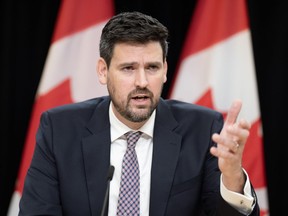
OTTAWA — Current and former Liberal party officials, both French and English speakers, say the next Liberal leader replacing Prime Minister Justin Trudeau should be bilingual.
Advertisement 2
THIS CONTENT IS RESERVED FOR SUBSCRIBERS ONLY
Subscribe now to read the latest news in your city and across Canada.
- Unlimited online access to articles from across Canada with one account.
- Get exclusive access to the Toronto Sun ePaper, an electronic replica of the print edition that you can share, download and comment on.
- Enjoy insights and behind-the-scenes analysis from our award-winning journalists.
- Support local journalists and the next generation of journalists.
- Daily puzzles including the New York Times Crossword.
SUBSCRIBE TO UNLOCK MORE ARTICLES
Subscribe now to read the latest news in your city and across Canada.
- Unlimited online access to articles from across Canada with one account.
- Get exclusive access to the Toronto Sun ePaper, an electronic replica of the print edition that you can share, download and comment on.
- Enjoy insights and behind-the-scenes analysis from our award-winning journalists.
- Support local journalists and the next generation of journalists.
- Daily puzzles including the New York Times Crossword.
REGISTER / SIGN IN TO UNLOCK MORE ARTICLES
Create an account or sign in to continue with your reading experience.
- Access articles from across Canada with one account.
- Share your thoughts and join the conversation in the comments.
- Enjoy additional articles per month.
- Get email updates from your favourite authors.
THIS ARTICLE IS FREE TO READ REGISTER TO UNLOCK.
Create an account or sign in to continue with your reading experience.
- Access articles from across Canada with one account
- Share your thoughts and join the conversation in the comments
- Enjoy additional articles per month
- Get email updates from your favourite authors
Article content
Article content
Article content
“In my opinion, it’s essential for the leader of the Liberal party to speak both official languages,” said former Housing minister Sean Fraser, who announced in December he would not run for re-election in his Nova Scotia riding.
“If a leader doesn’t have the ability to understand the reality for linguistic minorities and the populations of Quebec as well, it’s not possible to be a good prime minister or a good leader of the Liberal party,” said Fraser, who is taking French courses to improve his French.
Although Manitoba MP Kevin Lamoureux said he doesn’t believe that unilingual candidates should be systematically disqualified from the race, he stressed that he would not vote for a unilingual candidate and that he would be “very uncomfortable” if his party “elects someone who is not bilingual.”
By signing up you consent to receive the above newsletter from Postmedia Network Inc.
Article content
Advertisement 3
Article content
On Thursday, the Liberal party said a new leader would be announced March 9, giving potential candidates just two weeks to decide whether to seek the role. With a federal election on the horizon following Trudeau’s decision to step down as party leader, the new party boss would face Conservative leader Pierre Poilievre and NDP leader Jagmeet Singh — both of whom are fluent in French.
Former Montreal MP Frank Baylis and Nepean, Ont., MP Chandra Arya have officially confirmed they plan to run while former B.C. premier Christy Clark and former Bank of Canada governor Mark Carney are among those considering a bid.
Arya has downplayed the fact that he doesn’t speak French, rekindling calls for a bilingual requirement. In an interview with CBC/Radio-Canada, Arya said that mastery of the language is a secondary issue for Quebecers, who, in his opinion, are far more interested in the person being able to “deliver.”
Advertisement 4
Article content
However, some elected officials in Quebec were quick to respond that the next leader must master Canada’s two official languages.
The leader “will absolutely have to be bilingual. It’s a question of respect and values. It’s also essential to maximize our chances of winning the next election,” the Liberals’ Quebec lieutenant Jean-Yves Duclos wrote on the X.
On the same social media platform, Gatineau MP Steven MacKinnon, who is considering a bid to succeed Trudeau, said it is “crucial” that the Liberal leader be bilingual.
“Bilingualism means appreciating the French fact in Canada, appreciating Quebec as a whole and all communities in the country, whether they are French-speaking or English-speaking,” said MacKinnon, Employment, Workforce Development and Labour Minister.
Advertisement 5
Article content
Ex-Liberal strategists also shared similar views.
Sandra Aube, Foreign Affairs Minister Melanie Joly’s former chief of staff, said in an interview that mastery of French is “inescapable,” “non-negotiable” and part of the “very DNA of the party.”
“If there were a leader who spoke little or no French in an upcoming election campaign, he or she would be guaranteed to face major challenges in Quebec, at the very least. And so, it would affect the Liberals’ result overall,” said Aube, who now works for TACT, an agency that provides government and public relations services.
Announcing on Friday that she would not throw her hat in the ring, Joly added that, “as a Quebecer and a francophone,” it seemed “obvious” to her that the next leader must be able to speak both French and English.
Advertisement 6
Article content
Ex-Liberal strategist Greg MacEachern, now president of lobbying firm KAN Strategies, agreed: “Whoever the leader is, he or she should be bilingual, period.”
Traditionally, Liberal leaders alternated between Quebec and the rest of Canada, MacEachern added.
“I think the key point is that the province of Quebec is really important to the Liberal party, to the Liberal party’s chances right now,” he said.
For Francois Rocher, professor emeritus of political science at the University of Ottawa, Arya’s argument that francophones are primarily looking for effective, accountable government is “fallacious and asymmetrical.”
“Imagine a unilingual francophone candidate raising the same argument,” he said.
The candidate “would be immediately derided in the rest of Canada, including by unilingual English candidates who wouldn’t understand why … we wouldn’t be able to reach 75 per cent of the Canadian population.”
Article content
.png)
 2 hours ago
14
2 hours ago
14




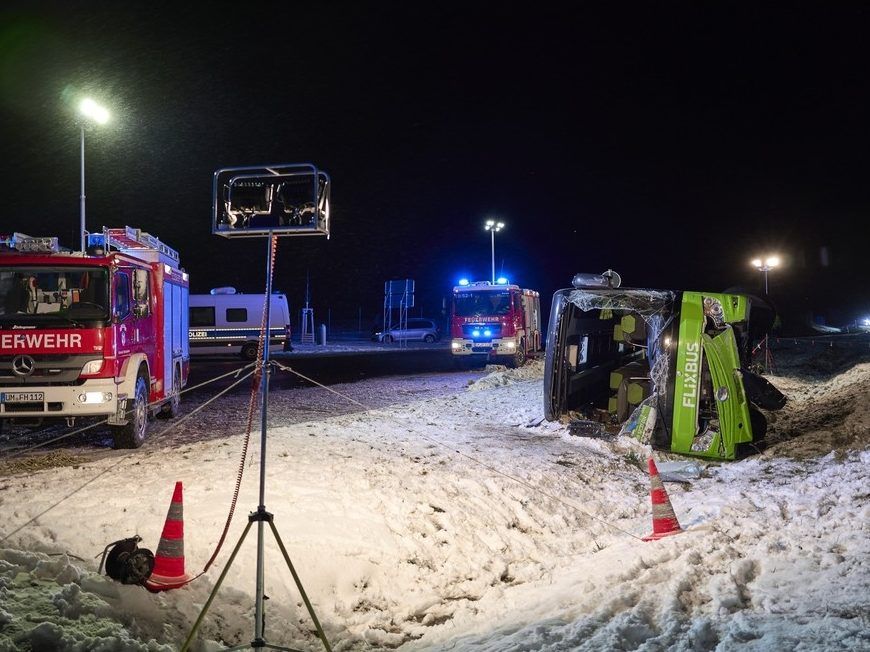
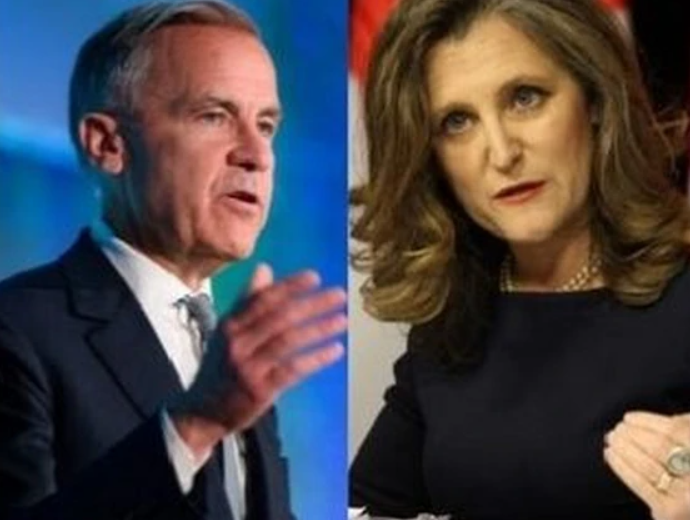
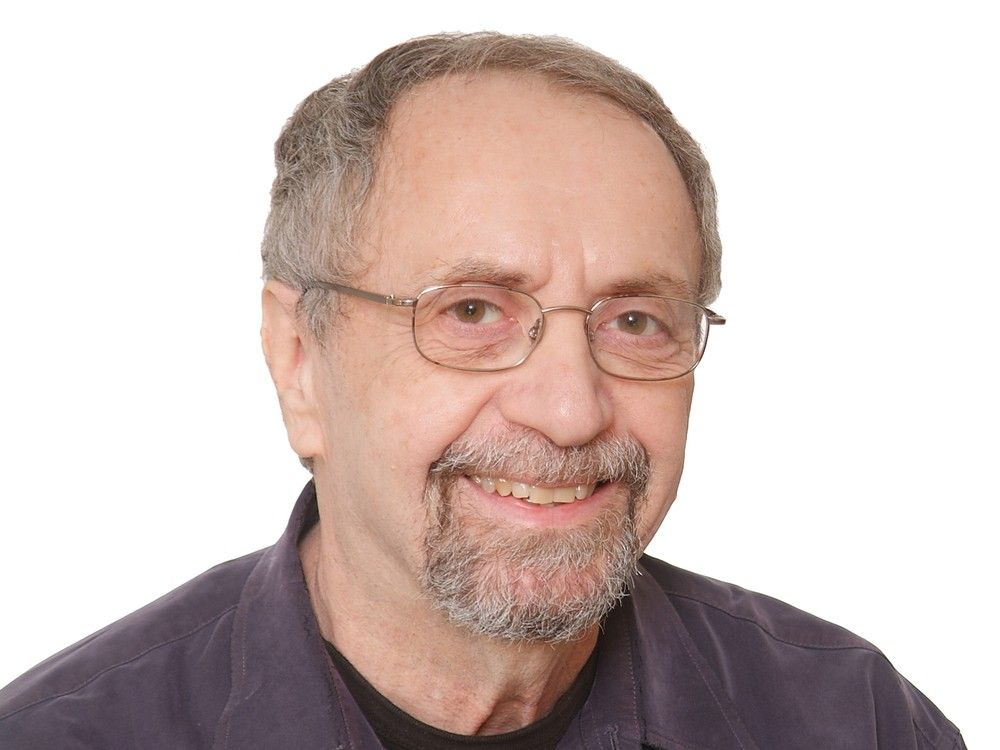


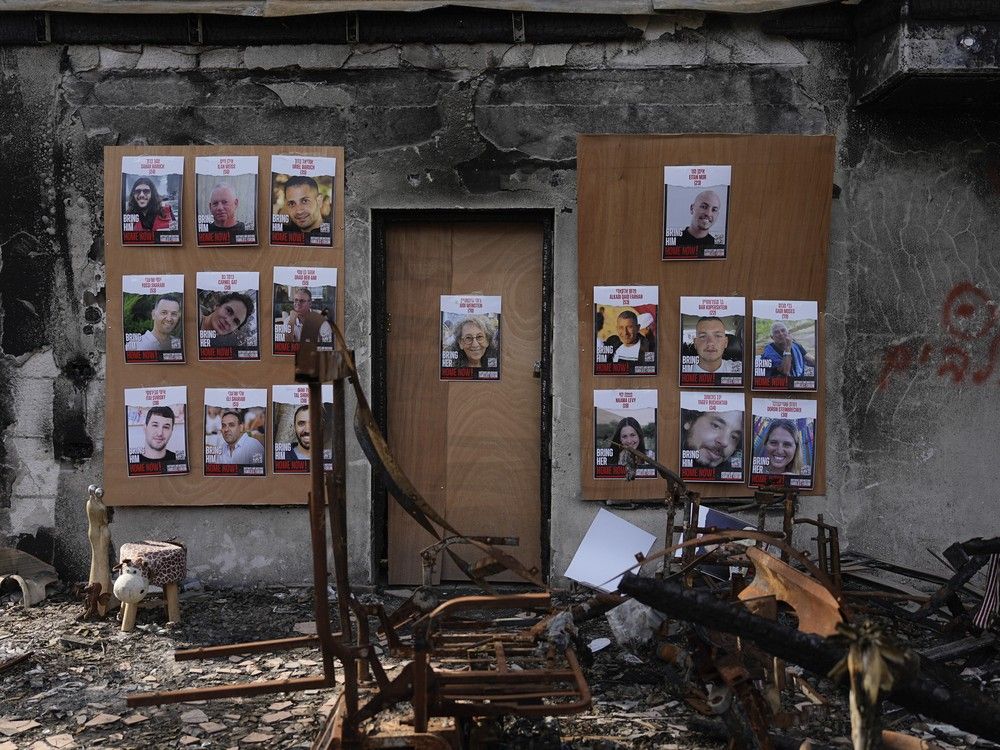
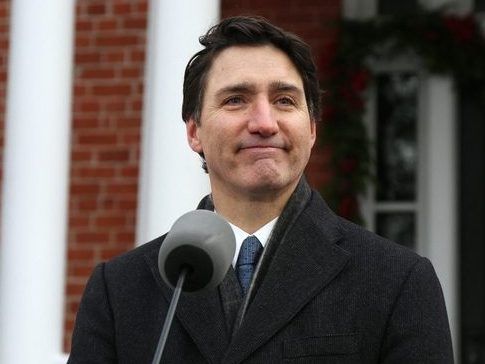























 Bengali (BD) ·
Bengali (BD) ·  English (US) ·
English (US) ·